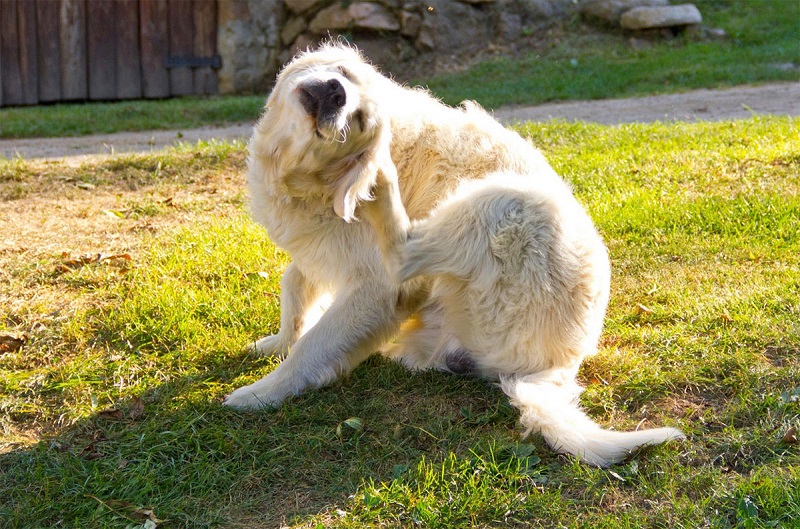Changing seasons can bring more than just shifts in the weather. They can also affect your dog’s breathing and overall comfort. Dogs with allergies or sensitivities may struggle with airborne irritants like pollen, mold, or fluctuating temperatures. These factors often lead to symptoms such as sneezing, coughing, or labored breathing, which can impact their daily well-being. With the right care and awareness, you can help support your dog’s lungs and keep them comfortable throughout seasonal transitions.
Recognizing Respiratory Discomfort Early
Mild respiratory issues in dogs may present differently across seasons. Many pet owners incorporate reishi for dogs into their routine to reinforce immune and respiratory function. Subtle signs such as reverse sneezing, slight wheezing, or nasal discharge may indicate early discomfort.
These symptoms often intensify during spring and autumn, when allergens are most active. Monitoring your dog’s breathing and energy levels allows for prompt action. Taking steps early can reduce more severe complications later.
Know Seasonal Changes Affect Canine Lungs
Temperature shifts and airborne irritants can influence the lungs and airways. Wind and high pollen counts in spring, or colder, drier air in winter, may cause airway tightness or nose discharge. Dogs may tire more quickly or breathe more heavily during routine activity.
Breeds with shortened snouts or older dogs tend to be more affected. Supplementing with mushrooms like reishi for dogs may support healthy lung tissue and immune resilience. Addressing these issues proactively can prevent discomfort from escalating.
Nutritional Support for Seasonal Lung Health
A balanced diet plays an important role in respiratory wellness. Specific ingredients, such as natural anti-inflammatories, can help maintain clear airways. Supplements with a focus on immune modulation are often used during transitional seasons.
Nutrients like omega-3 fatty acids support lung and mucous membrane health. Antioxidants help protect tissues from environmental irritants. Hydration, paired with consistent meals, strengthens the body’s ability to cope with changes.
Daily Habits That Strengthen Breathing
Adjusting your dog’s routine can minimize exposure to seasonal triggers. Plan walks during times when pollen levels are low, such as early mornings or after rain. Regular coat brushing helps remove allergens that collect outdoors.
- Choose unscented cleaning products to reduce indoor irritants.
- Wash pet bedding often to keep dust and particles to a minimum.
- Use a high-quality air filter to improve indoor air conditions.
Small routine shifts can bring noticeable improvement to your dog’s breathing quality.
Choosing Natural Remedies with Care
Many pet owners are turning to natural remedies to support their dog’s respiratory health, especially during seasonal changes. Dog-safe formulations often include medicinal mushrooms and adaptogenic herbs that help promote immune and respiratory balance. It’s important to choose products with clearly labeled ingredients and third-party testing to ensure safety.
Always select supplements specifically made for dogs rather than general pet blends. Introduce any new supplement gradually and monitor your dog for changes in behavior or digestion. When used with care, natural options can effectively support seasonal wellness as part of a daily routine.
Reliable Access to Seasonal Support
Steady access to supportive products becomes essential during allergy-prone months. Look for services that offer recurring delivery or scheduled restocking. Maintaining a consistent supplement routine ensures uninterrupted respiratory support.
Options such as subscriptions help avoid missed doses during seasonal peaks. This consistency allows your dog to benefit from ongoing care without breaks in support. Reliability in access can make a clear difference in respiratory health outcomes.
Seasonal transitions often bring challenges for sensitive dogs, especially in how they breathe and respond to allergens. By combining steady routines, mindful nutrition, and natural solutions, their respiratory systems can be well supported. With the right approach, your dog can remain comfortable and active throughout the year.







